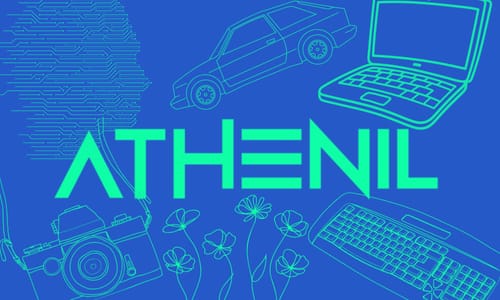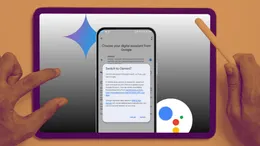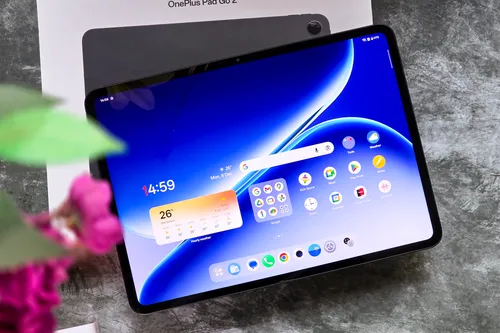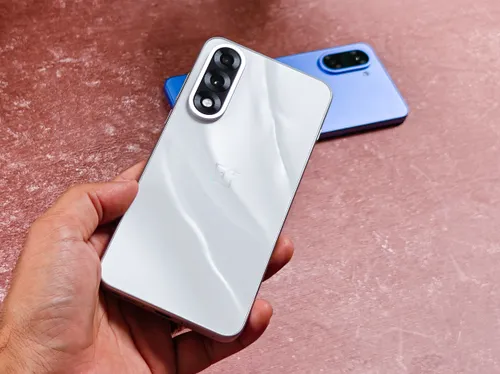
Athenil Bites, July 14: AI chatbots come for kids, China's insanely speedy train, and AI porn is getting its $$$ cut
Kids are turning to AI chatbots for therapy, as AI chatbots go Hitler-hailing. Also, science says lonely adults are more at risk of diabetes. Get yourself some friends.

Athenil Bites, July 11: Apple’s next gizmos, Rapido bites Uber, Black Death for PC, and sus FBI
The next wave of Apple’s hardware has leaked, Google AI will turn stills into a video, and YouTube will just confuse you.

Starlink's Indian Odyssey: Finally Approved and Ready for Lift-Off!
India approves Starlink's commercial operations with a 5-year license. Elon Musk's firm needs spectrum and ground setup next. India's 3rd satellite provider.

Why I’m finally making a switch to Gemini AI from Google Assistant
Since its debut in 2016, I've frequently relied on Google Assistant to make calls, set reminders, add calendar events, set...

2025 will finally be the year when majority carries a flip phone in their pocket
Samsung's Galaxy Z Flip 7 FE may not look as rad as its premium sibling, but could play a crucial role in making foldables more attainable in 2025.
Google Search could be smothering your creativity
A Carnegie Mellon University study reveals starting your brainstorming process with Google can be detrimental to the group's creativity.
Teams relying much on search engines often produced inundatingly same, less original ideas due to a cognitive bias called "fixation effect," where seeing popular answers converges our thought process instead of diverging it.

While individuals weren't necessarily dumber with Google, groups of Google users seemed to get stuck in a rut, often coming up with the same common ideas, sometimes even in the same order! Talk about a copy-and-paste creativity crisis.
"This appears to be due to the fact that Google users came up with the same common answers, often in the same order, as they relied on Google, while non-Google users came up with more distinct answers," explained lead author Danny Oppenheimer.
EDITORS' PICKS



